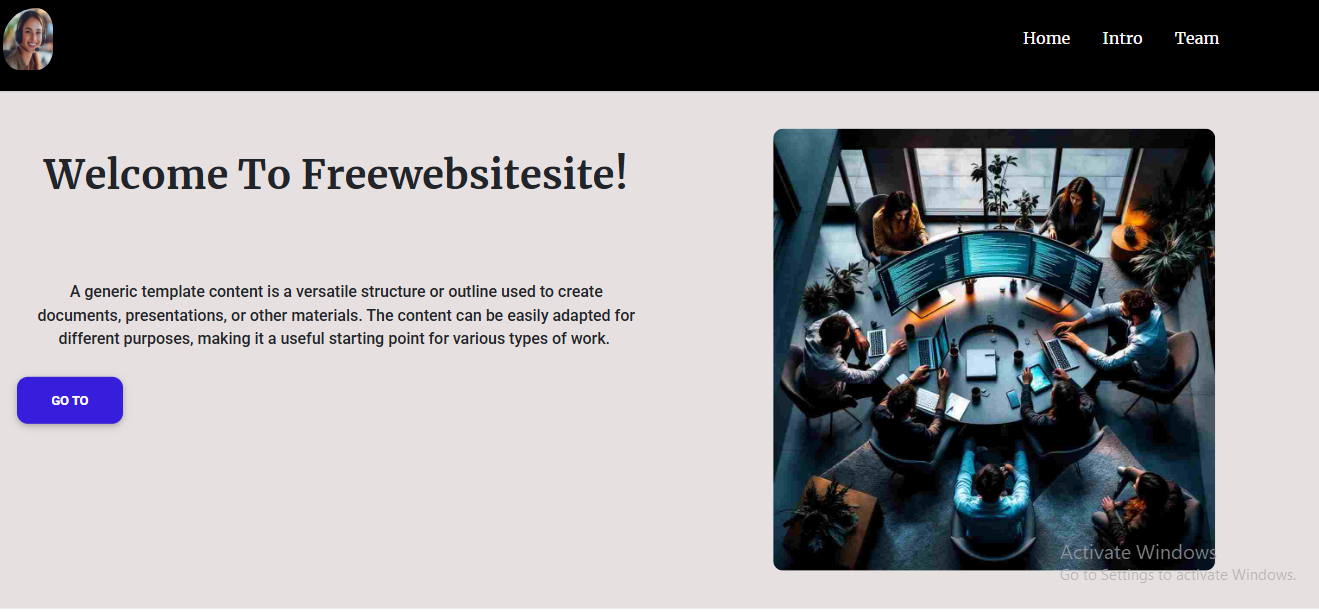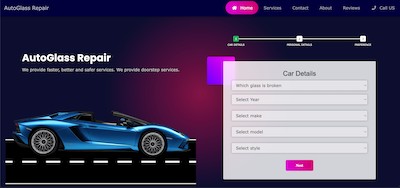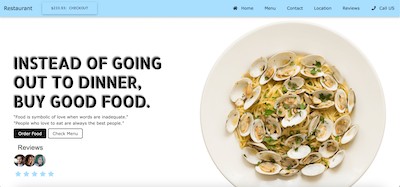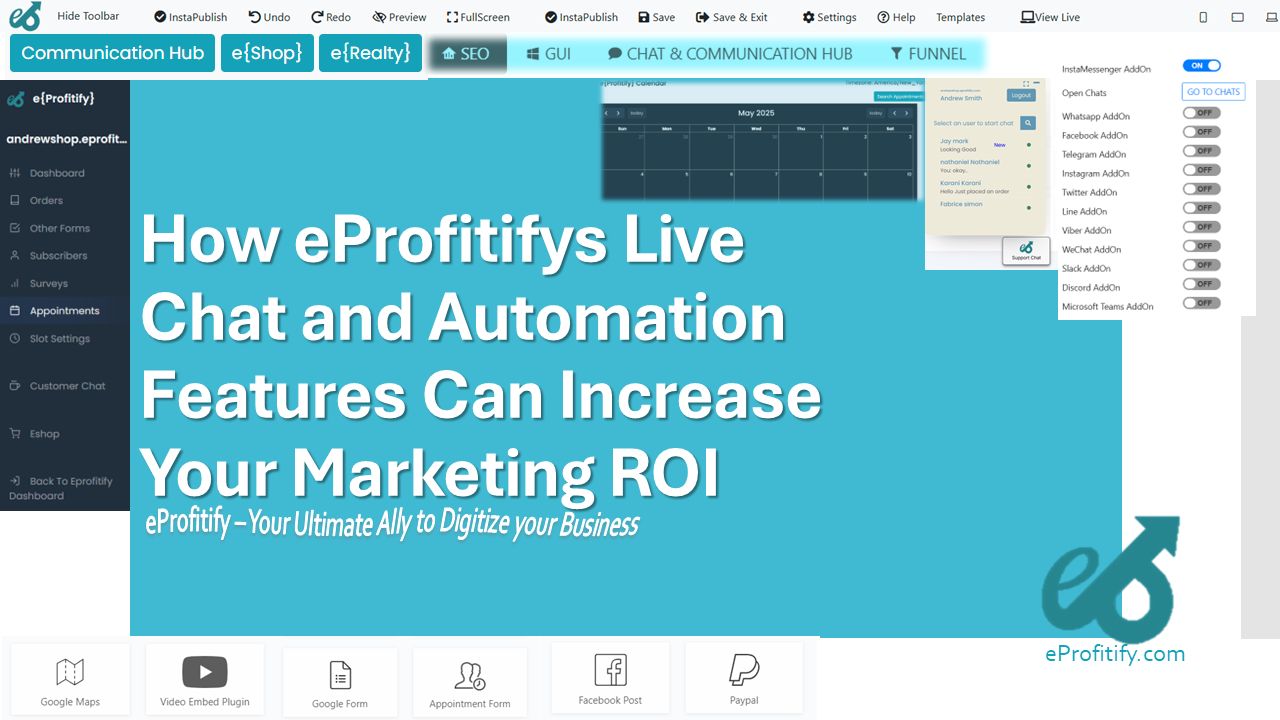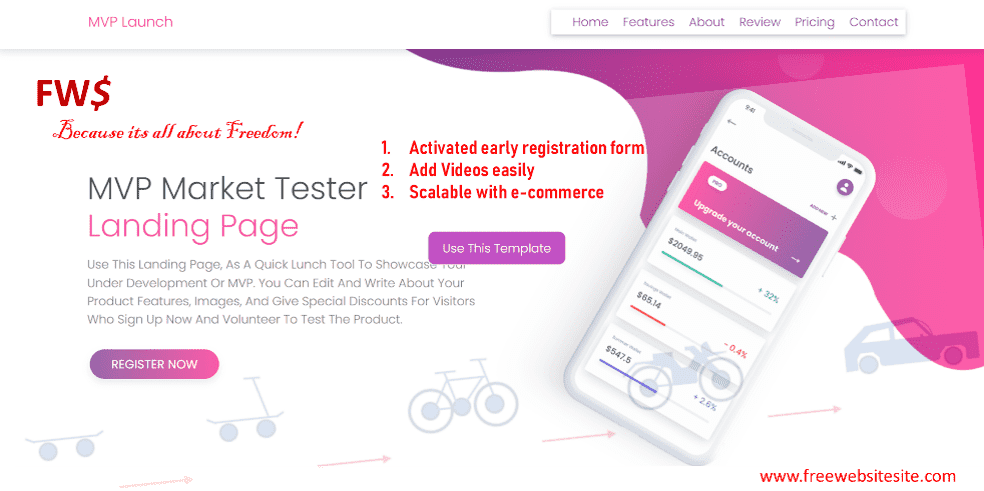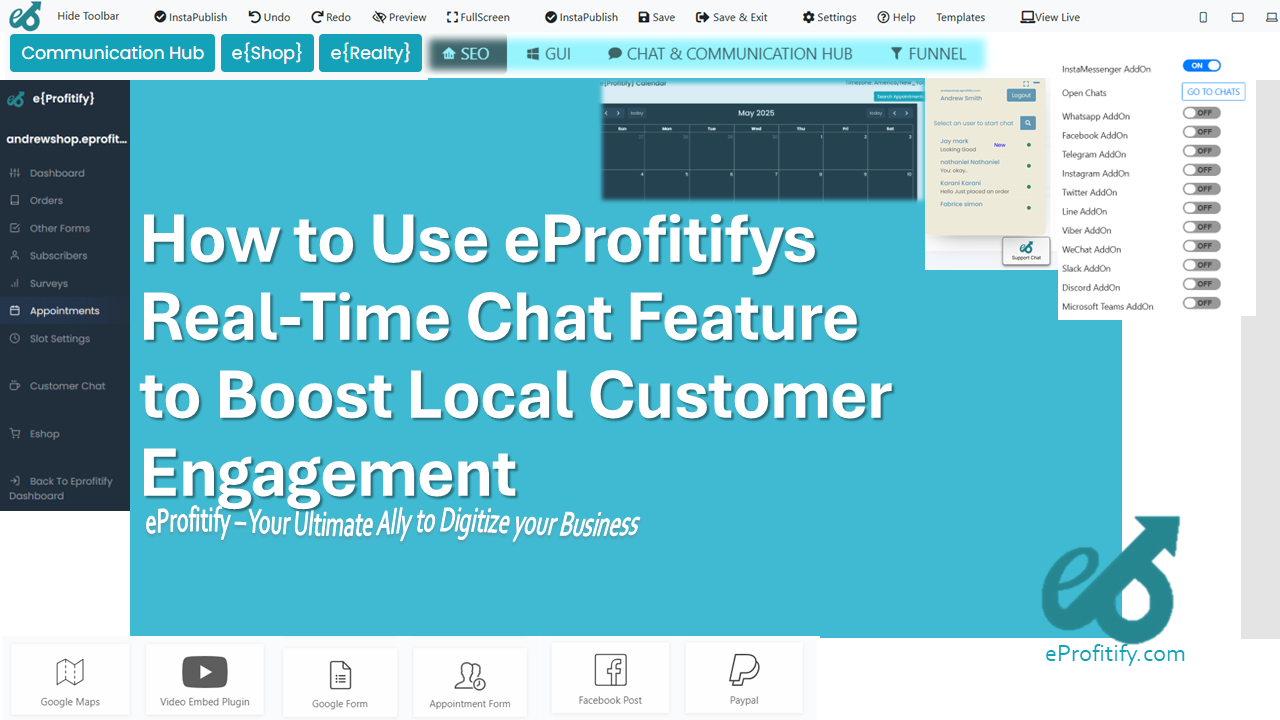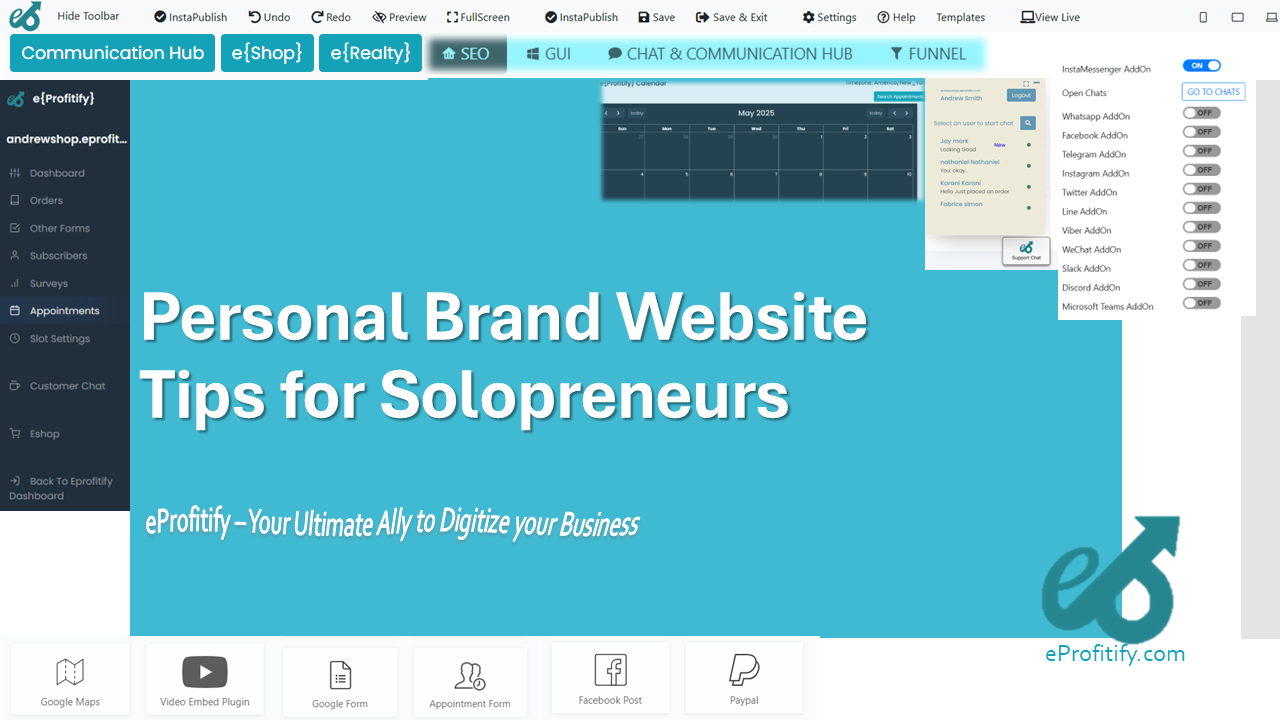Using CRM Tools to Manage Customer Relationships
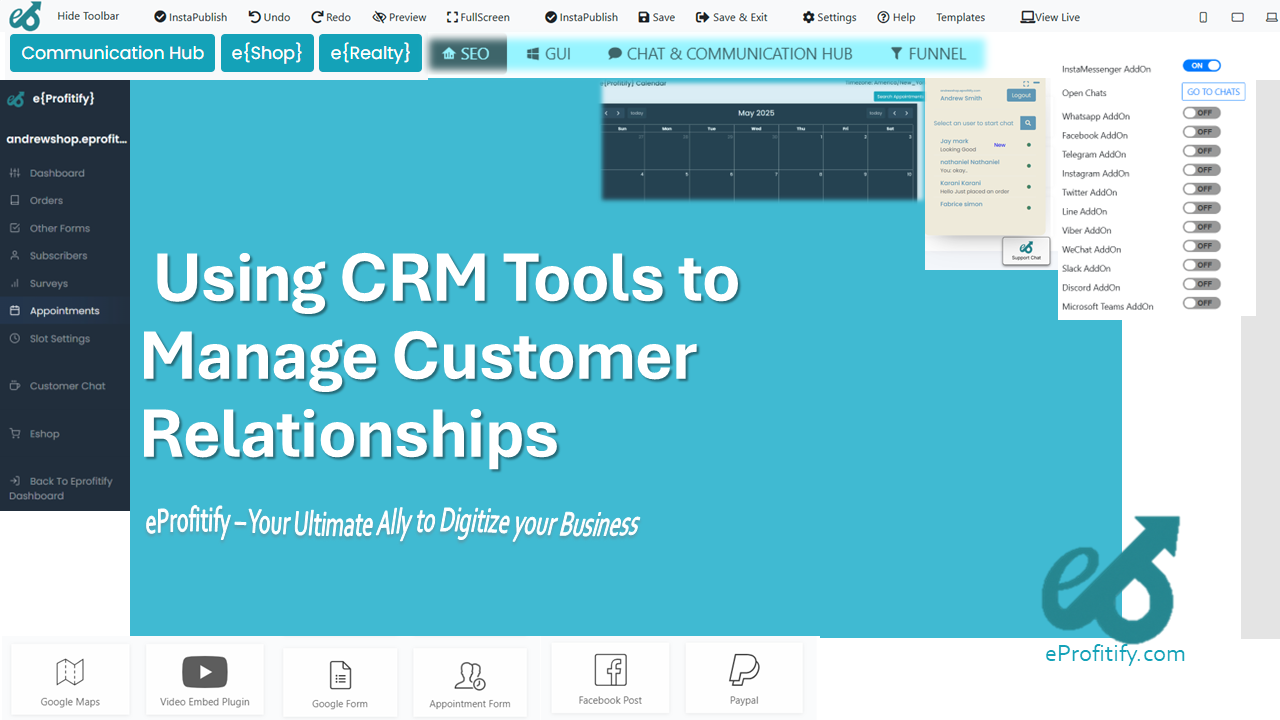
Harnessing CRM Tools to Elevate Customer Relationship Management
Incorporating Statistics and the Role of eProfitify as a Leading Solution
Introduction
In today’s hyper-competitive business landscape, nurturing customer relationships is more critical than ever. With 73% of consumers expecting companies to understand their needs (Salesforce), businesses must leverage tools that offer personalized, efficient, and seamless interactions. Customer Relationship Management (CRM) tools have emerged as indispensable assets, empowering organizations to centralize data, automate workflows, and drive customer loyalty. This article explores the transformative power of CRM systems, supported by industry statistics, and highlights how platforms like eProfitify integrate advanced features to redefine customer engagement.
The Role of CRM Tools in Modern Customer Management
CRM systems streamline how businesses interact with customers, prospects, and partners. Here’s how they create value:
-
Centralized Customer Data
CRMs aggregate customer information—purchase history, communication logs, and preferences—into a single dashboard. This eliminates data silos, enabling teams to deliver consistent, informed service. For instance, sales reps can view a client’s past concerns before pitching a solution. -
Improved Communication
Features like email tracking, chatbots, and omnichannel support ensure timely responses. A study by SuperOffice found that 82% of customers want immediate assistance, which integrated CRM tools facilitate. -
Automation of Routine Tasks
CRMs automate tasks like follow-ups, invoicing, and lead scoring. This reduces human error and frees teams to focus on strategic work. According to HubSpot, automation can boost productivity by 14.5%. -
Data-Driven Insights
Advanced analytics convert raw data into actionable insights. For example, identifying trends in customer behavior can guide marketing campaigns. Companies using analytics-driven CRMs see a 10–15% increase in revenue (McKinsey). -
Scalability
Cloud-based CRMs allow businesses to scale operations without overhauling infrastructure. This flexibility is vital for growing startups and enterprises alike.
CRM Impact: Statistics That Matter
- Market Growth: The global CRM market is projected to reach $147.2 billion by 2027 (Grand View Research).
- ROI: For every $1 spent on CRM, businesses earn $8.71 in return (Nucleus Research).
- Retention: CRMs improve customer retention rates by 27% (Salesforce).
- Productivity: Sales teams using CRMs achieve a 34% increase in productivity (LinkedIn).
- Satisfaction: 74% of users report better customer satisfaction post-CRM adoption (Capterra).
These figures underscore the tangible benefits of CRM adoption, from revenue growth to enhanced customer experiences.
eProfitify: A Comprehensive CRM Solution
While traditional CRMs excel in specific areas, eProfitify emerges as a visionary all-in-one platform, merging website management, CRM, and advanced tools to deliver unmatched efficiency. Here’s how its features empower businesses:
-
Instant Messaging
eProfitify integrates real-time chat capabilities, allowing businesses to engage customers directly via their websites. This feature connects to the CRM, so agents access conversation histories and user profiles instantly. Result? Faster resolution times and 24/7 support. -
Appointment Management System
Automated scheduling tools let clients book appointments, sync with Google Calendar, and receive reminders. Service-based industries (e.g., healthcare, consulting) benefit from reduced no-shows and optimized staff workflows. -
Ecommerce Integration
Unlike standalone CRMs, eProfitify embeds ecommerce functionalities. Track purchases, manage inventory, and offer personalized product recommendations. Data shows personalized experiences can lift revenues by 10–15% (McKinsey). -
Unified CRM Platform
eProfitify’s CRM centralizes customer interactions across channels—social media, email, and live chat. Advanced segmentation enables targeted campaigns, while AI-driven analytics predict customer churn and upsell opportunities. -
Additional Tools
From SEO optimization for website visibility to invoicing and project management, eProfitify eliminates the need for disjointed software. This consolidation reduces costs and operational friction.
Why eProfitify Stands Out
Traditional CRMs often lack cross-functional integration, forcing businesses to juggle multiple platforms. eProfitify’s holistic approach bridges this gap:
- Cost Efficiency: Pay for one platform instead of 5–6 tools.
- User Experience: Intuitive interface reduces training time.
- Scalability: Grow from a startup to an enterprise without switching systems.
A case study from a mid-sized retailer using eProfitify showed a 40% reduction in customer service response time and a 22% rise in repeat purchases within six months.
Conclusion
CRM tools are no longer optional—they’re the backbone of customer-centric strategies. With proven ROI, scalability, and data-driven insights, they empower businesses to thrive in the experience economy. Platforms like eProfitify elevate this further by combining CRM with website management, ecommerce, and communication tools, offering a future-proof solution for holistic growth. As the digital landscape evolves, investing in integrated systems will be key to staying ahead in the race for customer loyalty.
In a world where 89% of companies compete primarily on customer experience (Gartner), tools like eProfitify aren’t just advantageous—they’re essential.
